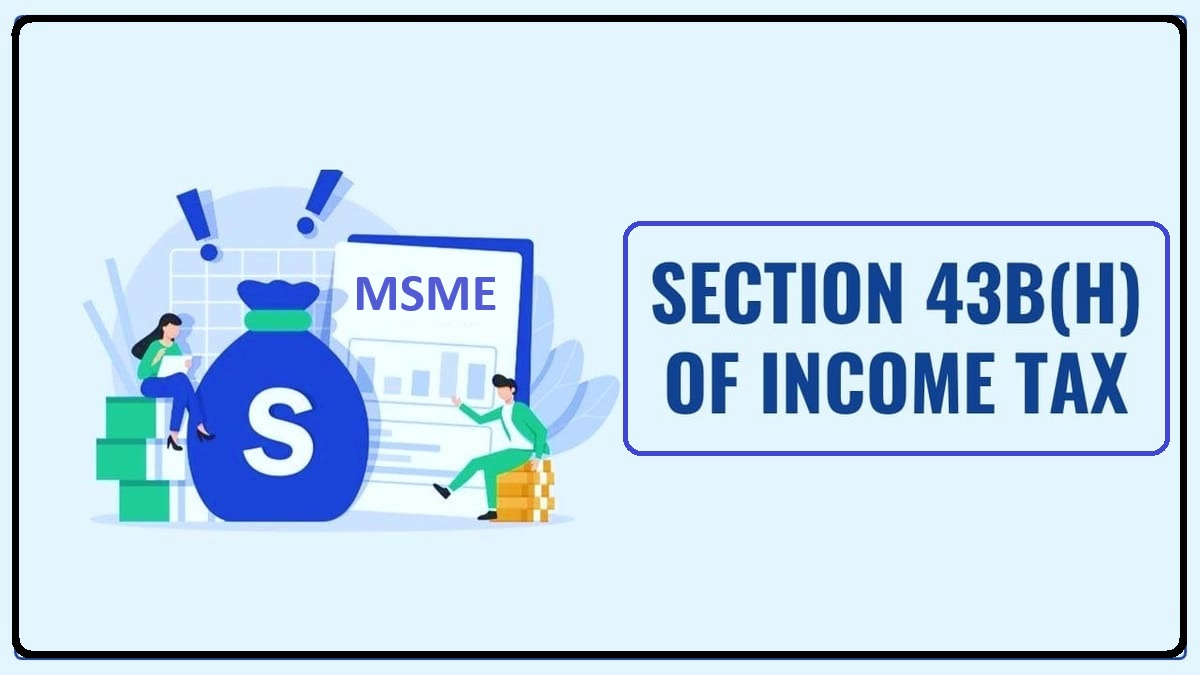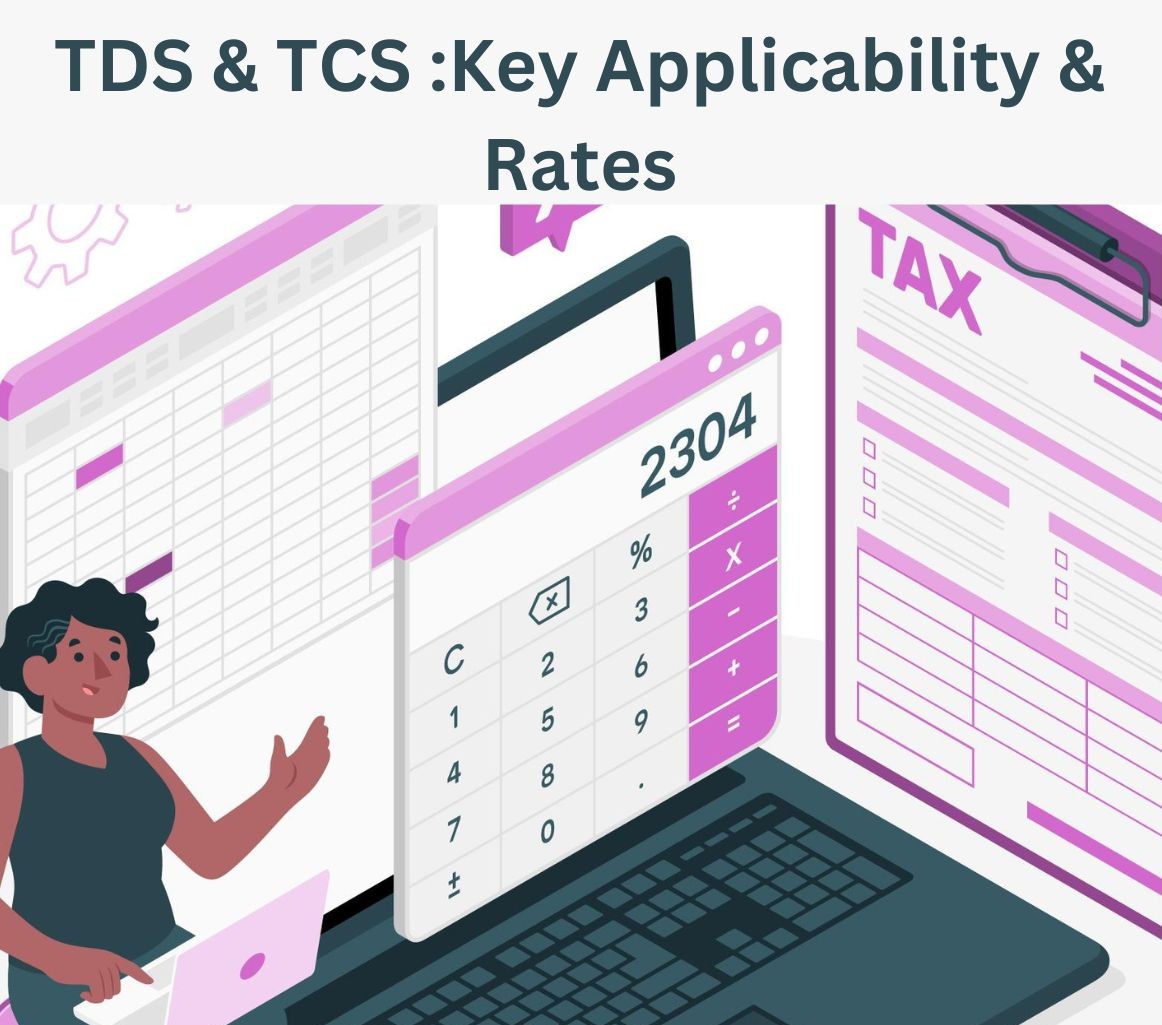Blog Details
2. Smart Ways to Save Taxes in India

FY 2023-24 is soon coming to an end, and you've only got two months left to plan your Tax Savings!
Saving on taxes can feel like a puzzle, but in India, there are many ways to do it. From putting money in certain accounts to investing in specific schemes, you've got options. In this guide, we'll break down the top ways you can save on taxes in India. Whether you're new to this or already know a bit, we'll make it easy for you to understand and use these tricks to keep more money in your pocket.
1. Deduction in respect of certain investments, deposits & payments (Sec. 80C of Income Tax Act, 1961) – Maximum of ₹ 150,000
- Life insurance premium paid on the life of individual/spouse/children
- Contribution to Provident Fund / approved superannuation fund / Unit Linked Insurance Plan (ULIP) / Sukanya Samriddhi Account
- Repayment of housing loan for purchase / construction of a house.
- Tuition fees to any Indian university, college, school for full-time education of any two children (only the tuition fee component, other allied fees are not admissible for deduction)
- Term deposit / Time Deposit for a fixed period of not less than 5 years with schedule bank / post office
- Subscription to notified bonds of NABARD
- Senior Citizen’s Savings Scheme Account etc.
- Contribution to certain pension funds & pension schemes of Central Government
- Amount invested in NSC certificates (VIII issue)
2. Deduction in respect of Medical Insurance Premium (Sec. 80D of Income Tax Act, 1961) – Maximum of ₹ 25,000 / ₹50,000(in case of senior citizens) for each of the below
- Any insurance premium paid on health of self / spouse / dependent children
- Any insurance premium paid on the health of parents, whether or not dependent on the individual.
- (In the absence of above insurance, any medical expenditure incurred can be claimed)
- Payment for preventive health check-up of self, spouse, dependent children and parents.
3. Interest on loan taken for higher education (Sec. 80E of Income Tax Act, 1961) – Interest amount on loan taken for pursuing his/her higher education or higher education of his/her relative i.e., spouse or children of the individual or the student for whom the individual is the legal guardian.
4. Deduction in respect of interest payable on loan taken for purchase of electric vehicle (Sec. 80EEB of Income Tax Act, 1961) – Maximum of ₹ 150,000
5. Deduction on donations to certain funds, charitable institutions etc. (Sec. 80G of Income Tax Act, 1961) – Maximum limit depends on the type of Donee.
The list doesn’t end here! There are many more deductions you can avail if you are eligible for it. Remember to evaluate each option based on your financial goals, risk tolerance, and overall tax planning strategy. Additionally, you can consult with us for personalized advice.
With the right strategies and a dash of enthusiasm, you can turn tax-saving into a delightful financial game with some serious winnings in your pocket.
Cheers to smarter saving and happier finances!
Copyright | All Rights Reserved H M R R & Associates























